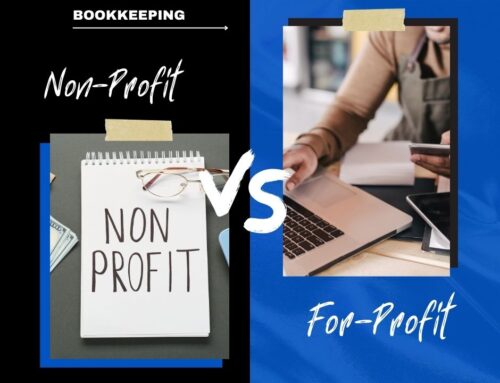Frequently Asked Bookkeeping Questions:
I’ve asked my bookkeeper to help me manage my cash flow but she says she can’t. Why not?
A bookkeeper manages the data in the general ledger and reconciles bank and other accounts. Managing cash flow takes a seasoned controller or CFO who has experience managing both lean and flush times and can seamlessly provide guidance at both ends of those spectrums.
What are some of the things that you would consider outside the scope of a normal bookkeeping role?
A bookkeeper closes the accounting cycle at an unadjusted trial balance level. S/he manages the Chart of Accounts, the accounts receivable, accounts payable, payroll, income and expenses within the general ledger. S/he also assists with insurance audits and prepares the 1099-Misc forms at the end of a calendar year. Good internal controls call for separation of duties. Thus, the next professional up in the department, i.e., the Controller would close the books to the adjusted trial balance level. That Controller will post adjustments according to GAAP (Generally Accepted Accounting Principles), review the reconciliations, reclassify any miscoded transactions and prepare the financial statements. Depending on the Controller’s education/training/experience, s(he) may be qualified to manage the cash flow. Otherwise, a CFO performs that role.
What exactly does managing cash flow mean?
Managing cash flow means having processes and procedures in place to receive customer payments timely and to pay vendors timely. Ideally, it is managed so well there is excess cash thrown off in the cycle to spur additional investment in equipment, machinery, or labor. Vendors include trade vendors and lenders. A cash flow Excel workbook is built and includes inputting the expected dates and amounts of sales receipts and customer payments, expected cash outlays such as payroll, loan payments, vendor bills according to THEIR terms, not the company’s, and any other recurring obligations.
What type of person helps a business manage its cash flow?
Depending on the accountant’s education/training/experience, this role could be performed by a Controller and certainly by a CFO should the Controller not be able to.
Are cash management services from a local community bank helpful addition to bookkeeping services?
Yes, to the extent the local bank has products and services to help the business manage its cash flow, these could be very useful tools.




